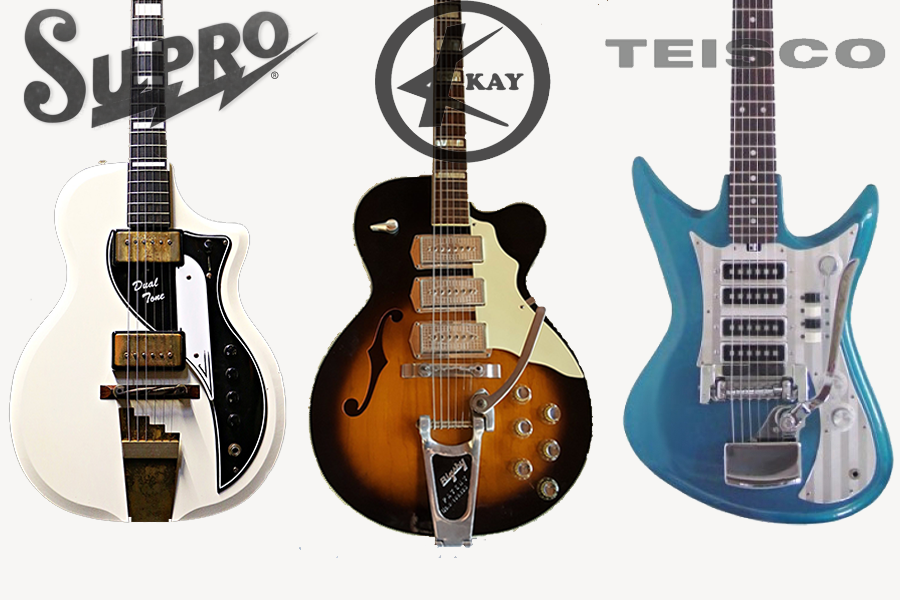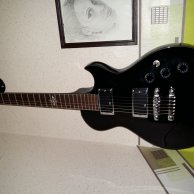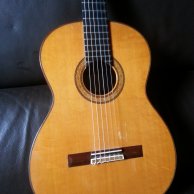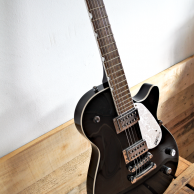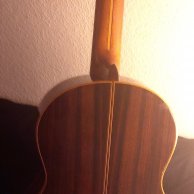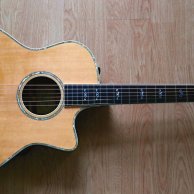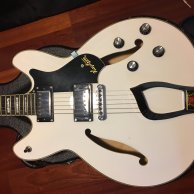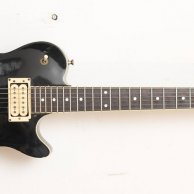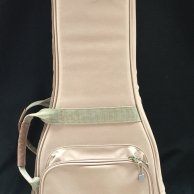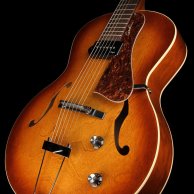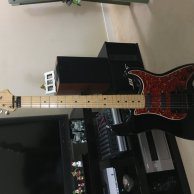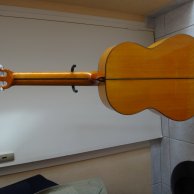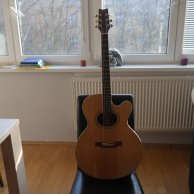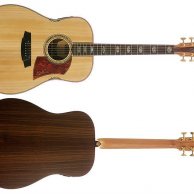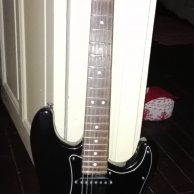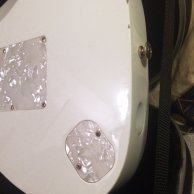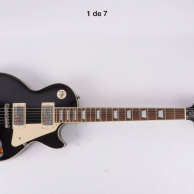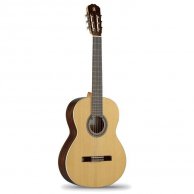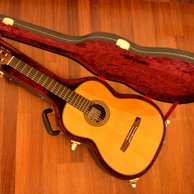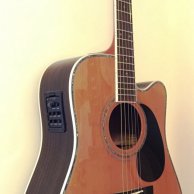Your Rosewood Instrument and the CITES treaty
By now you may have heard of the CITES treaty (Convention on International Trade in Endangered Species of Wild Fauna and Flora) and its effect on antique musical instruments. But it’s worth a quick update to see where we stand on this issue in 2017.
The treaty is an international effort to cut down on the huge illegal trade in wild animals and plants. Included in the list are hardwoods valued by instrument makers, which in recent years have become very rare due to over-harvesting. Up until now Brazilian rosewood, which was added to the list already in 1992, has been the most common wood of concern for those having vintage musical instruments. Restrictions have meant that the transport or sale across borders of any item containing the wood requires certification from the local CITES authority. There were widespread fears, and some examples, that instruments with rosewood could be confiscated when musicians travel for gigs.
However as of January 2, 2017, ALL species of rosewood (genus Dalbergia), and three types of Bubinga, have been added to the list. This includes for example African Blackwood, Kingwood, and any kind of rosewood. Rosewood is commonly used in guitars; as the fingerboard on electric guitars, and the back and sides of acoustic guitars. But it can also be found in drums and woodwinds. Rosewood accounted for 35% of all illegal wildlife seizures between 2005-2014, making it by far the most trafficked product (elephant ivory was second at 18%).

Deforestation in Madagascar, where Rosewood is a major export
What does this mean for me?
The enforcement of the regulations is not uniform, and the regulations themselves are not clear in some cases. All we can do is give you the best recommendations based on the information we have. Essentially:
- If you live in the EU: do not buy or sell an instrument with any rosewood to/from outside the EU. The good news is, you can still buy a rosewood instrument anywhere inside the EU, which is what Bbop was set up for! The European Commission says that regulations don't apply for trade within the EU. However, there may still be some paperwork to fill out depending on your country.
- If you live outside the EU, don’t buy or sell a rosewood instrument internationally.
- If you would like to do one of the above, it is possible, but you will need a CITES import certificate, which can be acquired at the relevant authority in your country. Find the relevant authority HERE.
- If you are travelling with your instrument in the EU, it should be fine, but travelling outside of the EU internationally may require a CITES certificate. Regulations state that you can travel internationally with an instrument that contains less than 10 KG of rosewood, but it is possible that you will be asked for a certificate of purchase or some other paperwork, which to us sounds like a risk not worth taking.
- No word on how this will affect the UK after Brexit :)
- If you are making instruments, or anything else for that matter, don’t use any of the woods in the list.
- If you are selling with rosewood on Bbop, set your shipping destinations to EU only (or your own country, if you are outside of the EU). If you are buying, filter the results to be EU only (like the related products below).

A Fender Rosewood Telecaster - don't try ordering this internationally without CITES paperwork.
What’s the point?
Many people in the industry are in uproar, calling this needless bureaucracy, but we at Bbop don’t think so. When Gibson Guitar was raided in 2009 by US authorities, it brought to light the huge problem of deforestation in Madagascar. The poaching of rare wood and illegal clearing of rainforests is a huge problem across the world that urgently needs addressing. In many cases it is the work of violent criminal mafias and in almost all cases local people are the ones to lose out as their natural resources are plundered to go straight to the pockets of the wealthy. Granted, the problem in the case of hardwoods is not due mostly to musicians but to furniture, floors etc, manufactured in Asian countries. It may be only our opinion, but we will sacrifice the (imagined?) tone difference of rosewood for another, sustainably farmed wood with the preservation of our planet's forests in mind!
And while we are on the subject, please don’t buy anything with elephant ivory, tortoise shell or rhinoceros horn!



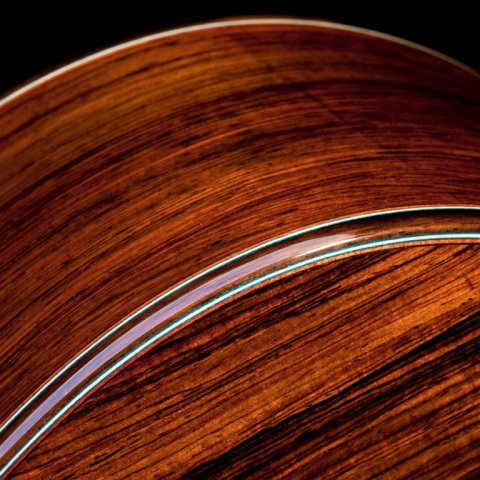
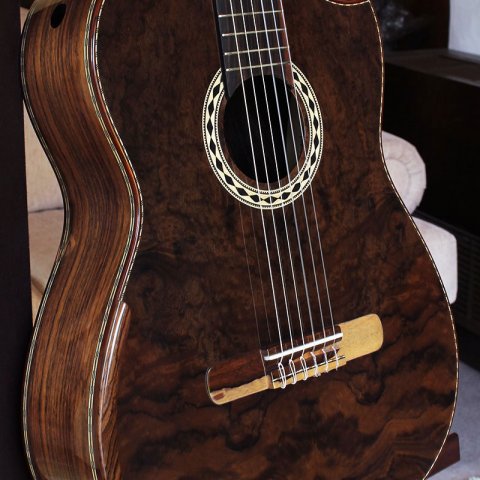
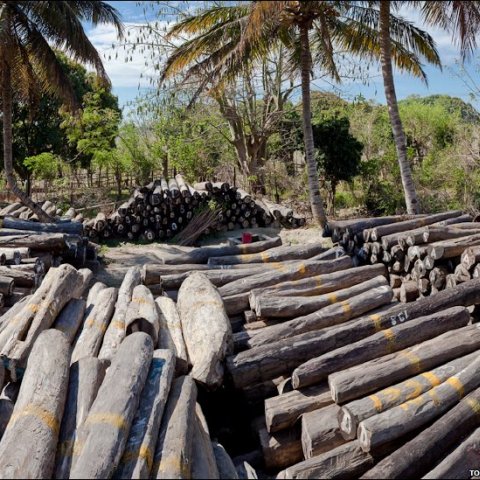
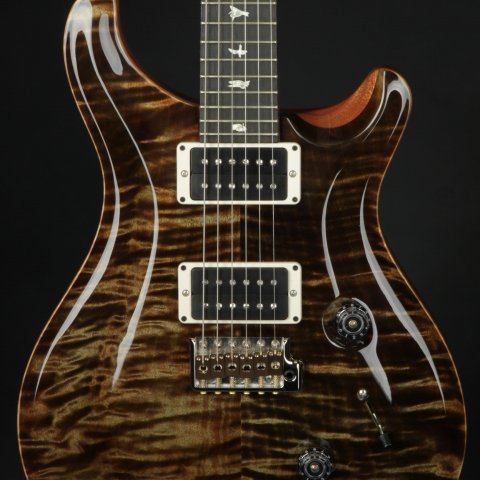

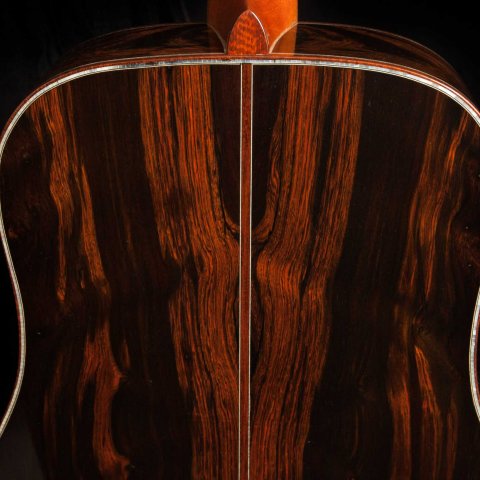
 Other blog items you might be interested in...
Other blog items you might be interested in...


